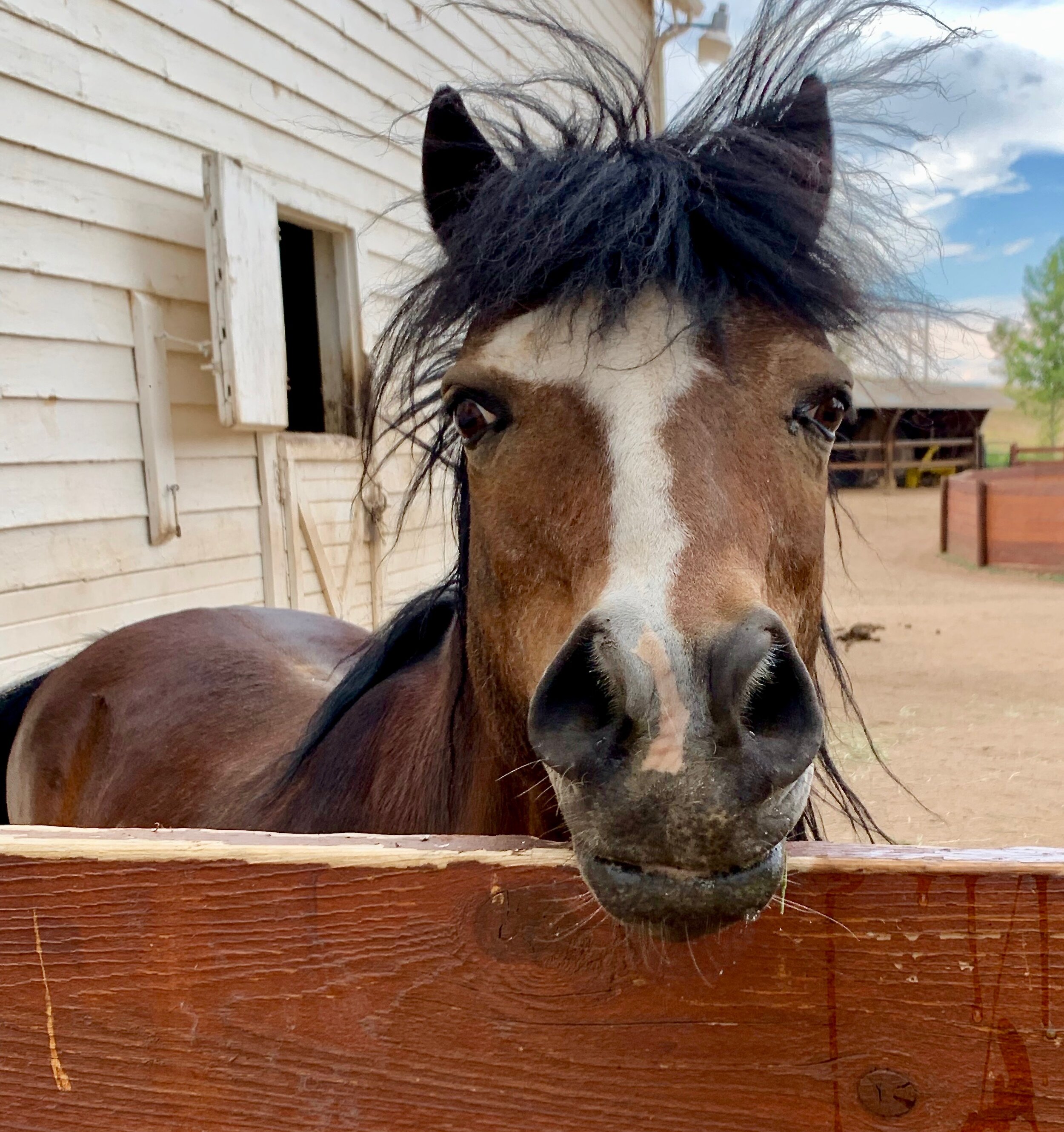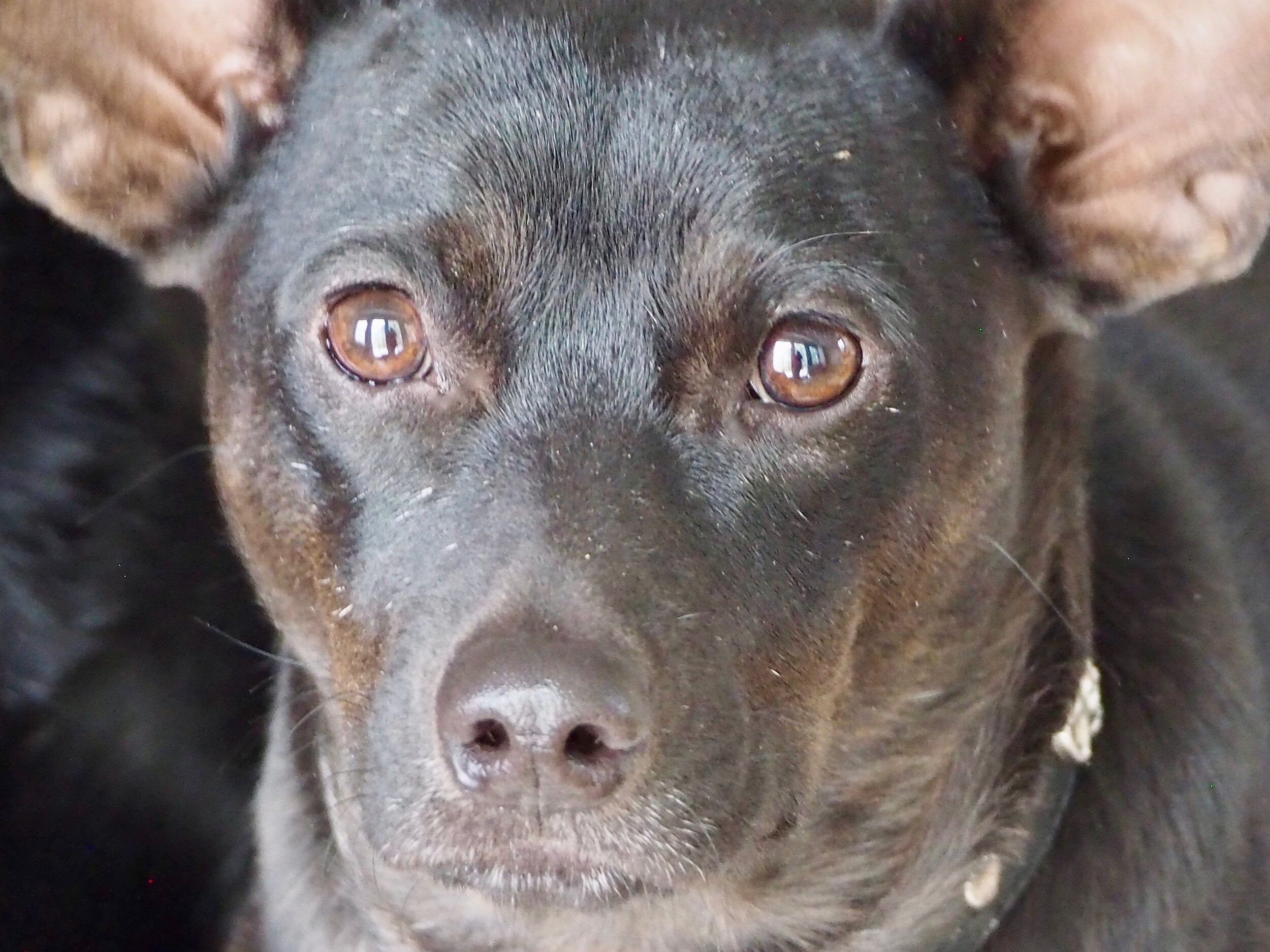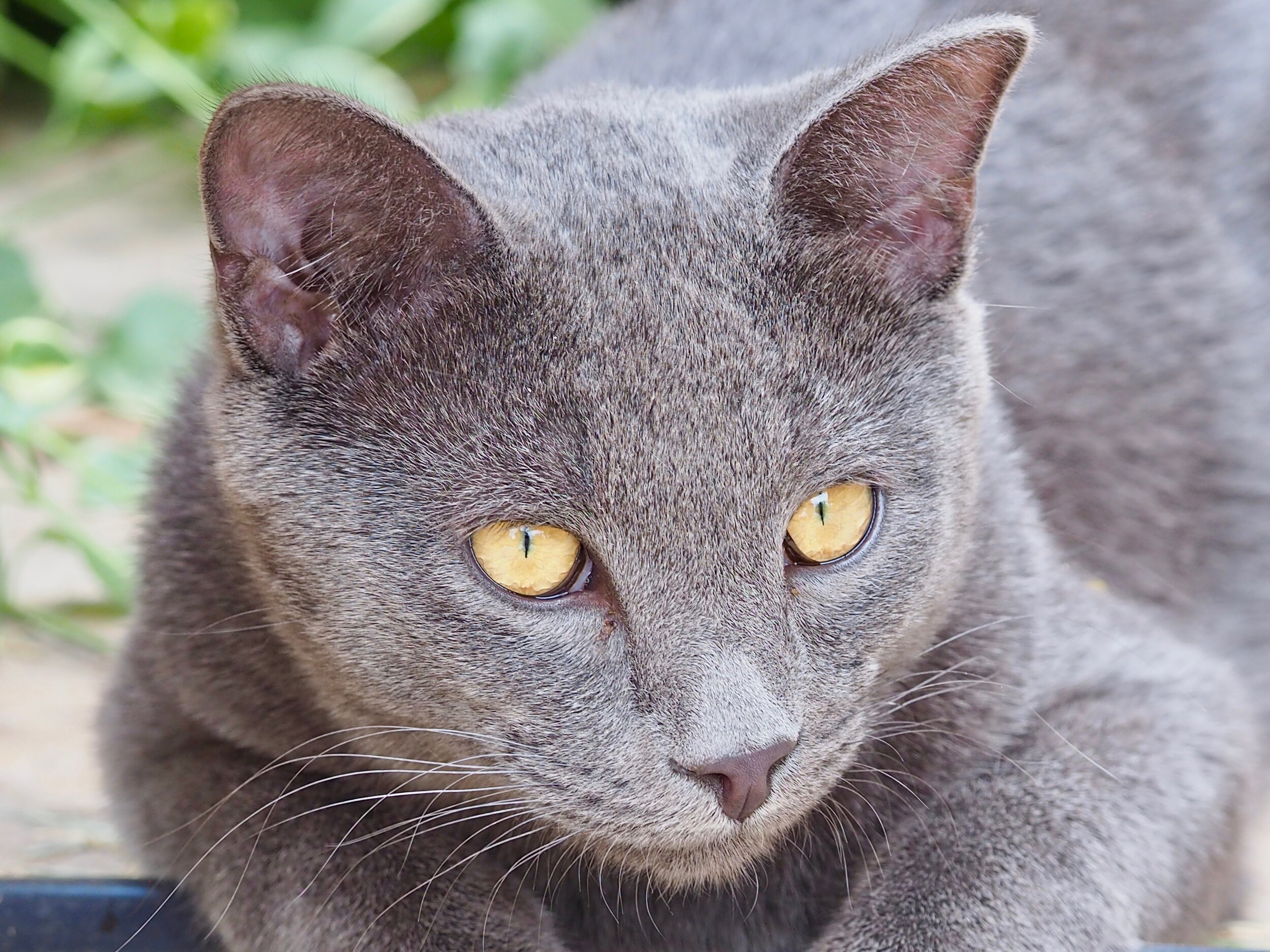Essential Oil Safety Tips for You and Your Animals
“Aromatherapy? A therapy or cure using aromas, aromatics, scents? Yes! They can all be therapeutic if used, dosed and administered correctly and at the right time…Fragrances, and thus essential oils, play an important role in our lives.” ~ Dr. Foveau De Courmelles
Only apply diluted essential oils on an animal. You dilute an essential oil by combining a few drops of essential oil with a vegetable base oil.
Please keep essential oils or essential oil products OUT of your cat or dog’s kennel.
Do not put essential oils in their food or water; this could cause severe side effects.
Do not apply essential oils on an animal's nose; it irritates them. Animal's olfactory system is highly developed, e.g., dogs have 20 - 40 times more scent receptor cells than humans, and the scent-processing section of their brain is more substantial than ours.
Do not apply essential oils to a cat. Due to their sensitivity to essential oils, there are distinct ways I work with cats. I created Sophie’s Feline Remedy, specifically for cats, which is safe to use when following the instructions.
Diffuse only safe essentials oils in the home such as bergamot, frankincense, grapefruit, mandarin, sweet marjoram, vetiver. Please make sure your animal can leave the room if they find the aroma offensive.
The diffusion of essential oils should be 15-30 minutes. Saturation of the olfactory system occurs within this amount of time. Don't over diffuse this could have the opposite effect of what you are trying to create.
Less is more. FrogWorks’ animal products are specifically designed to be used on animals and proportioned to their needs.
Educate yourself, learn the plant name and Latin name of the essential oil. This knowledge helps you know you are getting the correct essential oil.
Adulteration of essential oils has been around for centuries. With the growing demand for essential oils and the development of new technologies, contamination is becoming more sophisticated and prevalent.
Work with an educated and experienced essential oil practitioner. Research the company you are buying from, call ask questions. (e.g., how long have you been working with animals? How do you know this is safe for animals?)
FrogWorks' coursebook, "Working With Plants and Essential Oils for You and Your Animals," gives you the knowledge and guidance to make the right decisions when working with plants and essential oils.



